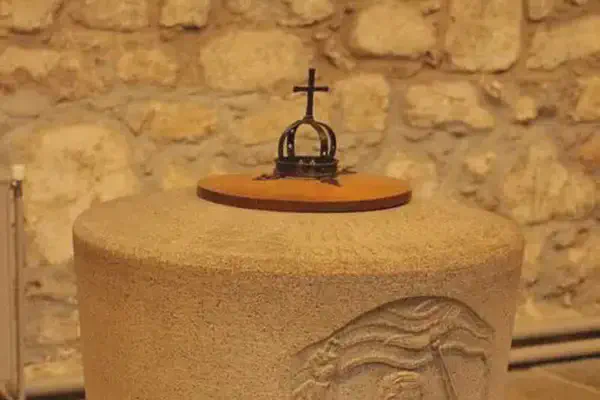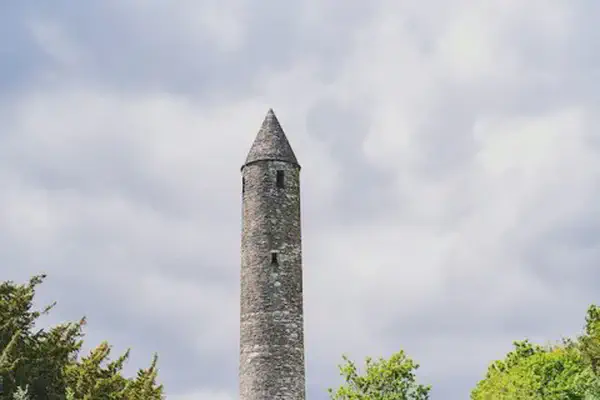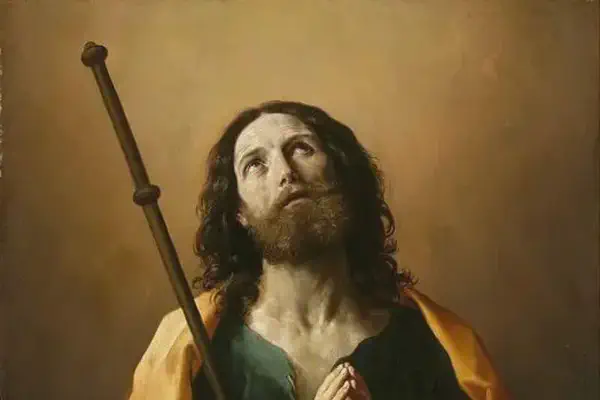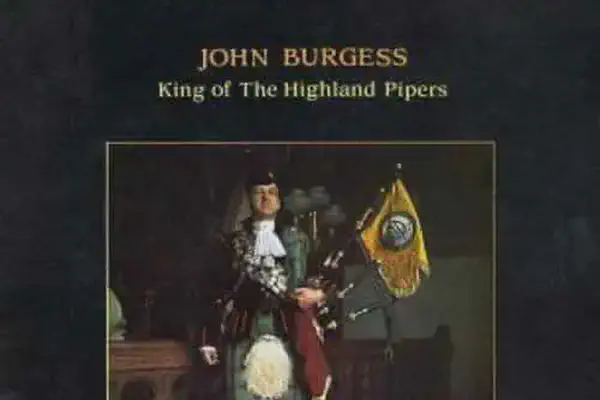On December 06, 1745 in Celtic History
Charles edward stewarts entry into derby

Charles Edward Louis John Sylvester Maria Casimir Stuart (31 December 1720 – 30 January 1788) was the elder son of James Francis Edward Stuart, grandson of James VII and II, and the Stuart claimant to the thrones of England, Scotland and Ireland from 1766 as Charles III.
The entry of Charles Edward Stuart, commonly known as Bonnie Prince Charlie, into Derby is a significant event that occurred during the Jacobite rising of 1745. Charles Edward Stuart, a claimant to the British throne and leader of the Jacobite forces, made a daring advance into England during this rebellion.
In December 1745, Charles and his Jacobite army, having successfully captured several key towns in Scotland, including Edinburgh, decided to advance further south into England.
Arrived in Derby on December 4th
On December 04, 1745, they reached the town of Derby. This marked a critical moment in the Jacobite rising, as it brought the rebellion deep into England and raised the possibility of reaching London.
However, despite reaching Derby, Charles faced several challenges. His army was weary, and there were concerns about the availability of supplies and reinforcements.
At Derby, despite Charles’s objections, his council at Exeter House decided to return to Scotland given the lack of English Jacobite and French support, as well as rumours that British government had assembled a significant army to confront the Jacobite forces.
Faced with these challenges and against the advice of some of his commanders, Charles decided to retreat back to Scotland.
Charles admitted that he had not heard from the English Jacobites since leaving France despite claiming the contrary; this caused his relationship with some of the Scots to become irretrievably damaged.
March Back North on December 6
The decision to retreat from Derby is often considered a pivotal moment in the Jacobite rising. The Jacobite forces eventually faced defeat at the Battle of Culloden in April 1746, leading to the end of the rebellion.
On 6 December, the Jacobites and Charles left Derby and began their march north back to Scotland.
The entry into Derby and subsequent retreat had a profound impact on the course of British history, as it marked the furthest point south reached by a Jacobite army during the 1745 uprising.
Related Content

Shane Patrick Lysaght MacGowan, lead singer of the Pogues, died

St Machar Day, patron saint of Aberdeen

Oíche Shamhna - Cetlic New Year Eve (Halloween)

ALBAN ELFED (Welsh Bardic name for autumn equinox)

Feast day of St. James

John Davie Burgess, King of the Highland Pipers, died at age 71.